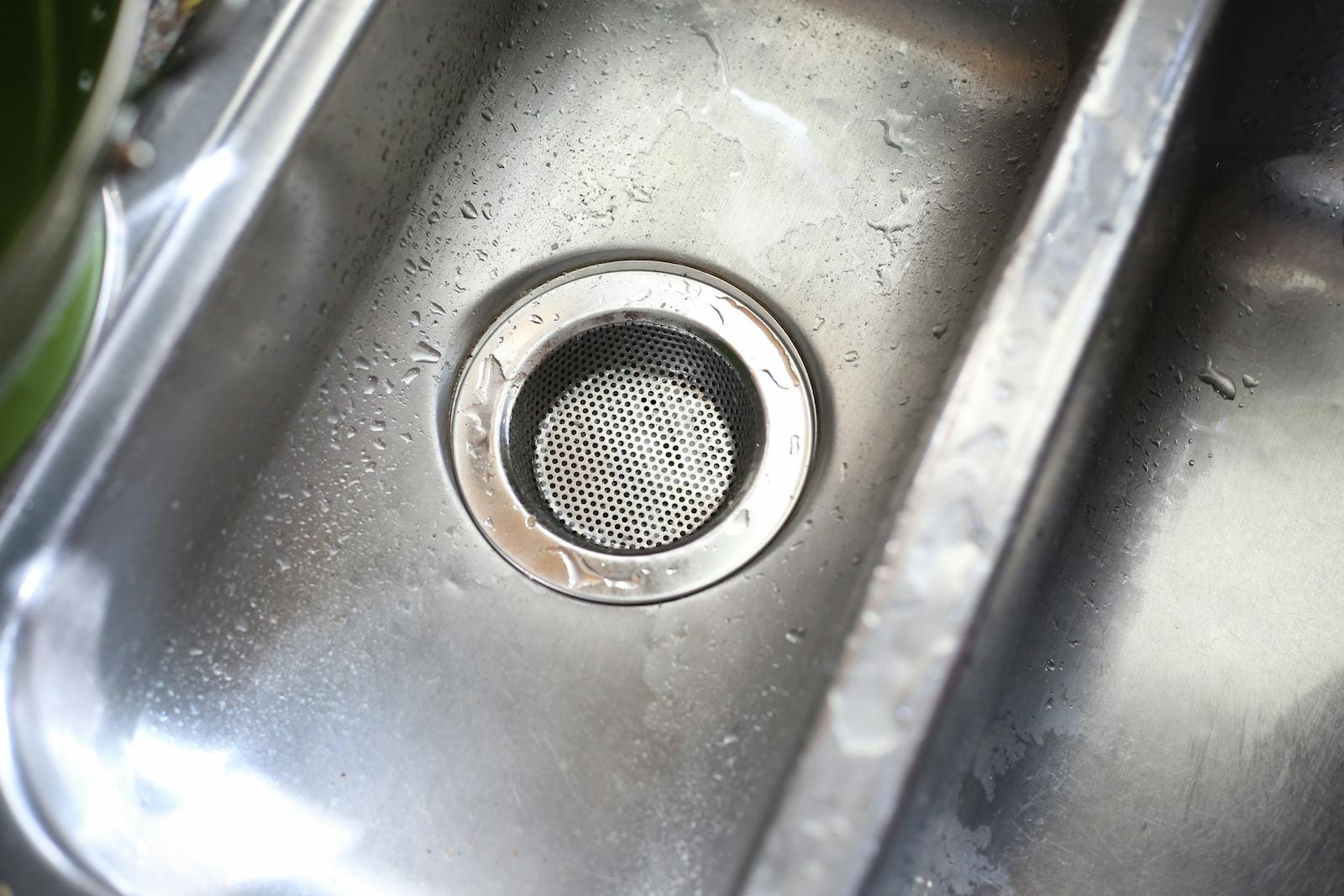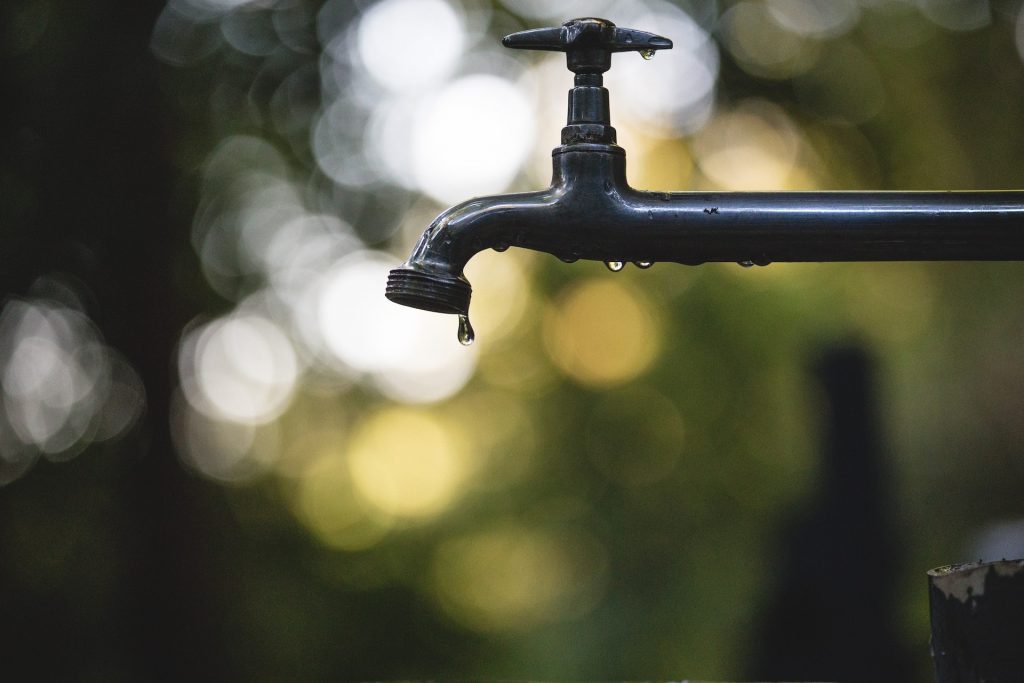For businesses looking into potentially switching water suppliers and ensuring that every penny counts at a time when a lot of belts are tightened and pounds are being stretched further, the news that water companies want to significantly increase prices over the next five years has been a cause of concern.
The biggest and most alarming figure was Southern Water’s request for a 91 per cent increase in water bills, nearly doubling the cost of water to an average of £915 per year, with four other companies wanting to increase bills by 50 per cent or more.
Given the significant criticism the entire industry has faced, the investigations into potential breaches of licence agreements and the near-collapse of Thames Water, as well as the financial squeeze that many people and small businesses are facing, this has not necessarily been received well.
According to an Ofwat survey cited by the BBC, fewer than a sixth of customers surveyed considered the rises affordable, let alone desirable or deserved.
So are prices likely to increase this significantly? It is possible but difficult to justify. But given that several water companies are indeed struggling, there are only a few alternatives to ensure they continue to survive and provide much-needed infrastructure improvements.
Price Hikes Or Recovery Regimes?
One option is nationalisation, but given that this is a political decision amidst a General Election, it is unlikely to be a solution adopted anytime soon.
This has left two main options to help struggling companies, neither of which is likely to be popular with customers, business and residential alike, who have dealt with raw sewage spills, contamination of British beauty spots and a spike in “do not drink” warnings.
The first is price hikes, which whilst the news has been understandably dominated by the 91 per cent rise requested by Southern Water to Ofwat and the 59 per cent increase requested by the stricken Thames Water, average to around 41 per cent over five years, which whilst significant is not quite as extreme as it looks.
The process for this involves making a request to Ofwat, the regulator in charge of Britain’s water industry, along with making a case for why they need the money, what it will be used for and conducting a survey on the feasibility and affordability of such rises.
Even then, whilst some degree of bill increase is likely to be approved, it will not be for the full amount but is understood by the BBC to be at least half the requested amount.
At the same time, however, the two highest requests came from companies owned at one point by the Macquarie Group, an asset management and private equity company that, during the time it was in charge of Thames Water, quadrupled its debt and left it facing an existential crisis as of 2024.
Ofwat will scrutinise any plans and publish a preliminary report on 11th July, delayed by the General Election, with time for adjustments to be made before December in line with any financial, social or political changes that emerge as a result.
Another option to help struggling water companies in lieu of devastating bill increases is a “recovery regime” system, which is a status companies are placed in where they will, in exchange for greater scrutiny and lower independence, have potentially damaging financial penalties reduced or even halted entirely.
Companies in a recovery regime, according to the Financial Times, would have what are described as more “realistic” reduced targets for reducing outages, water leaks and sewage overspills but would have their operations more closely scrutinised each quarter rather than each year.
They would also have restrictions on dividend payments, something particularly controversial when it comes to Thames Water.
These plans could potentially be publicly announced by July as a way to stop Thames Water from falling into the same Special Administration Regime Bulb Energy fell into in 2022, but the plans are already drawing controversy for somewhat obvious reasons.
There is a moral hazard involved in effectively rewarding failure, as would be the net result of reducing fines and reducing standards, especially if price increases were still at a significant level.
It could also lead to accusations aimed towards Ofwat that they are a so-called “soft-touch” regulator that is being lenient on a company that has been wilfully breaching regulations.
There is also the potential that these proposals have come too late for Thames Water specifically, as potential investors have, according to the Financial Times, been worried about investing money that would be syphoned away in fines.
The potential for a SAR is still likely for Thames Water and other “persistent poor performers”, and how such a regime will affect the water market and water prices remains to be seen.



